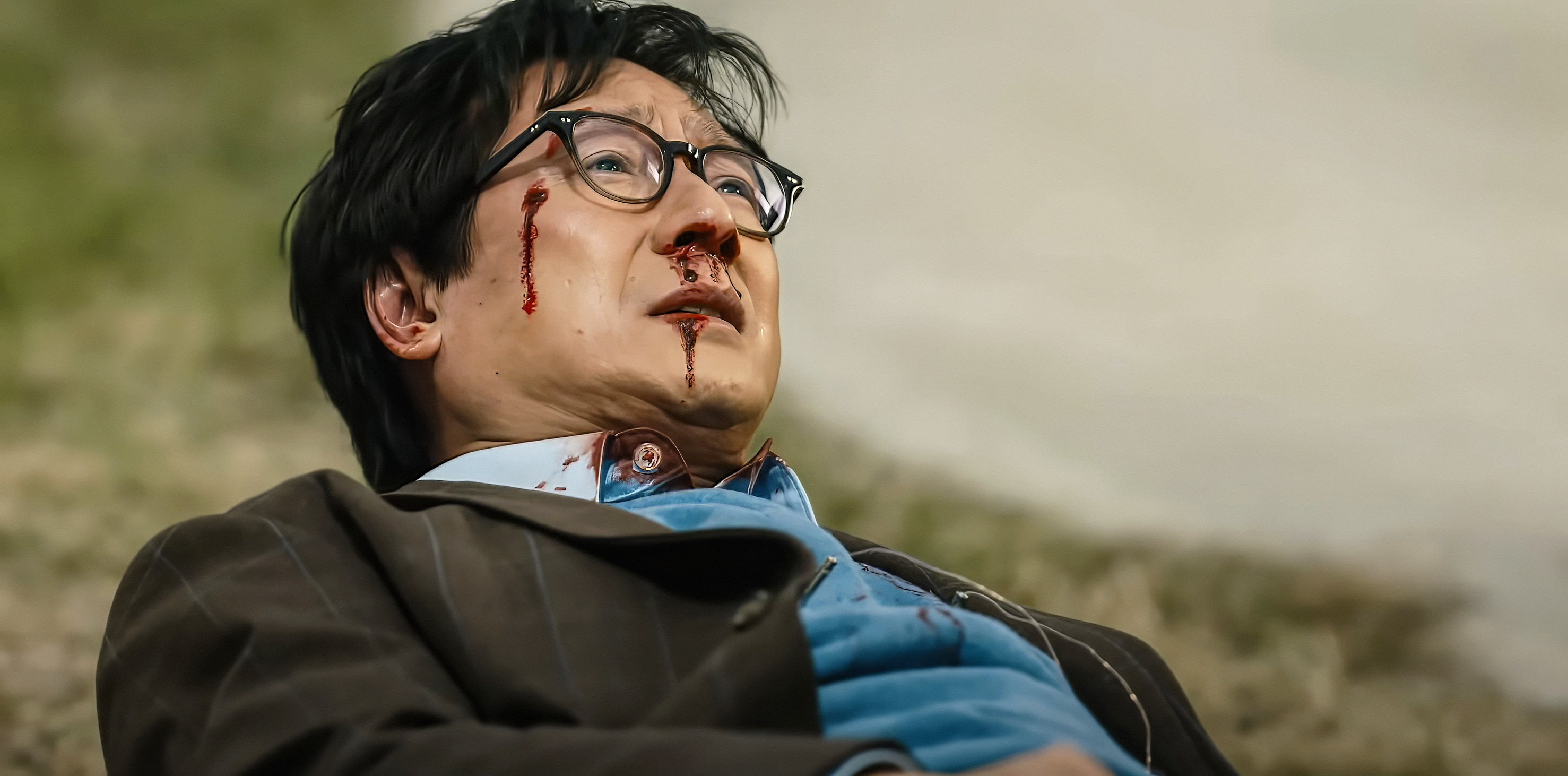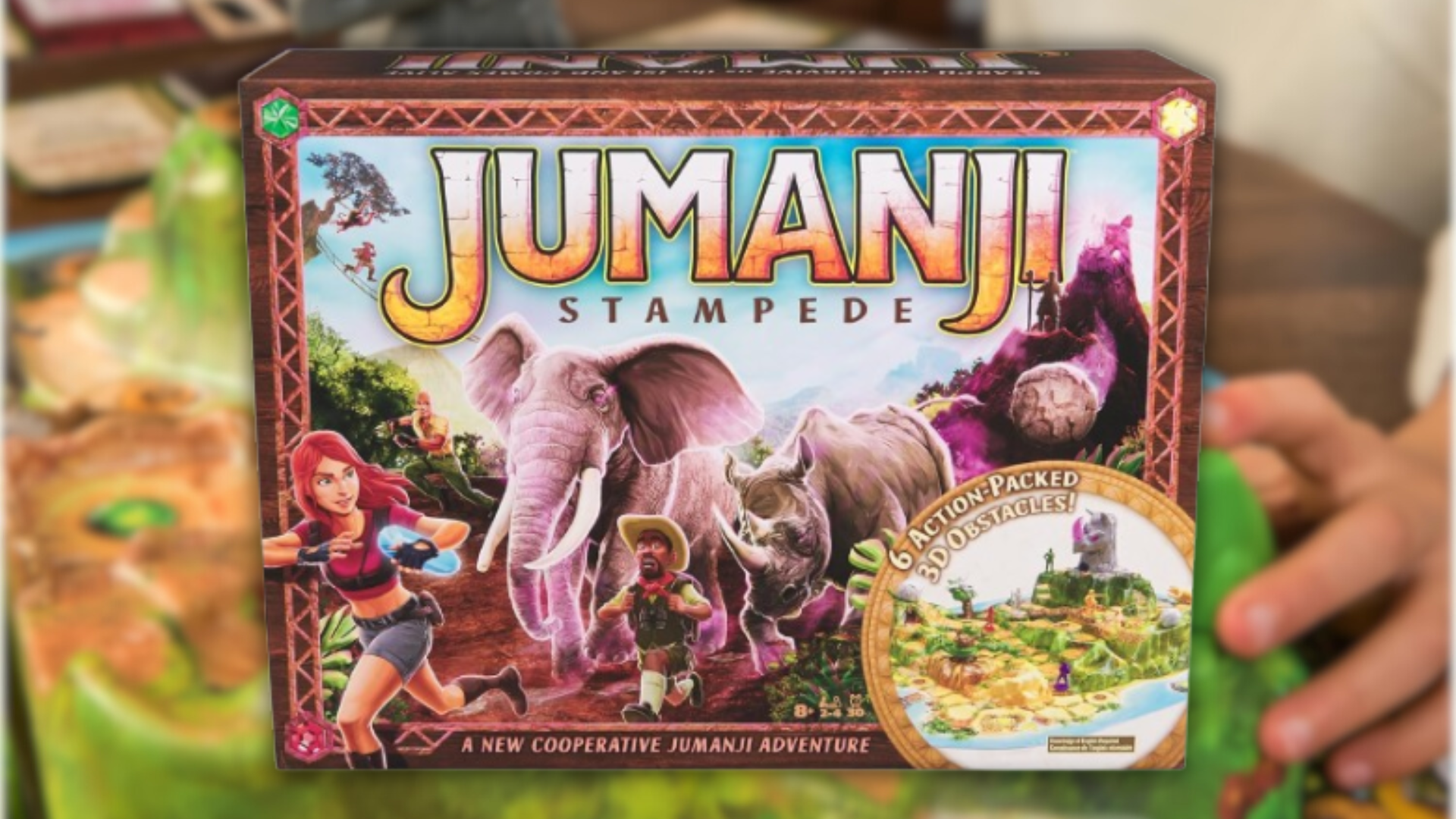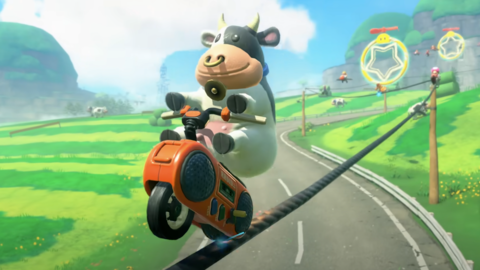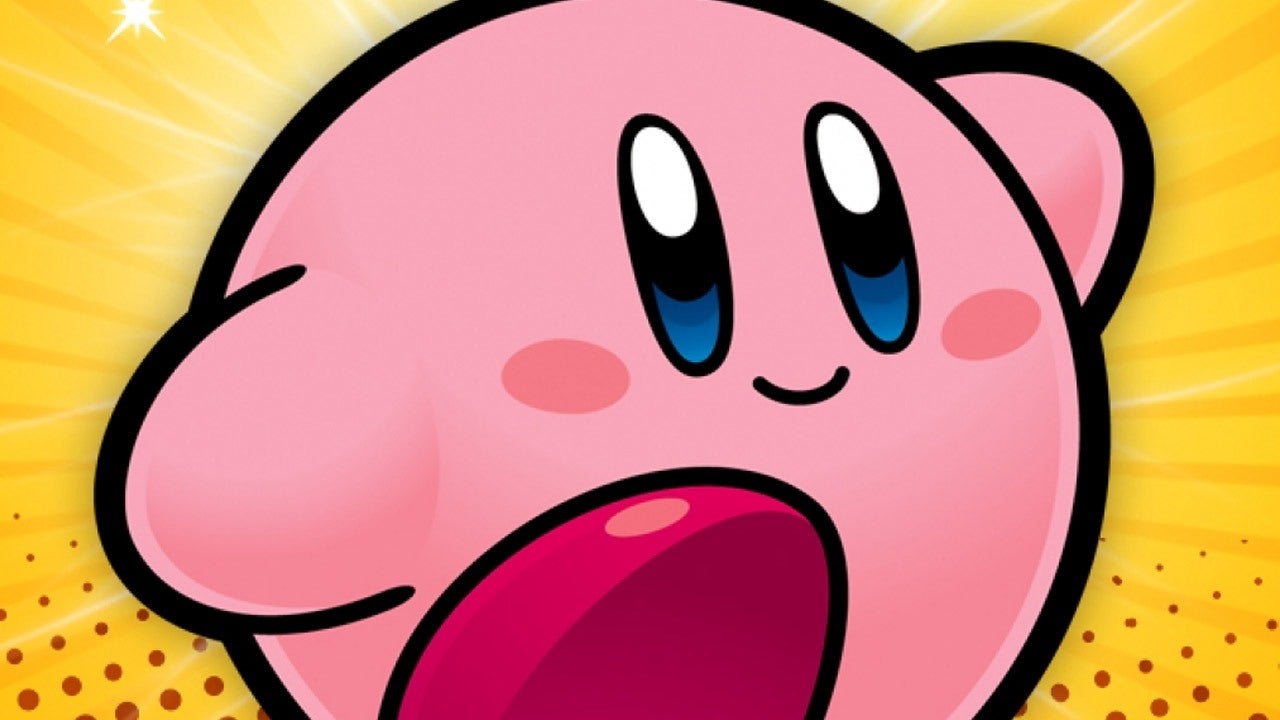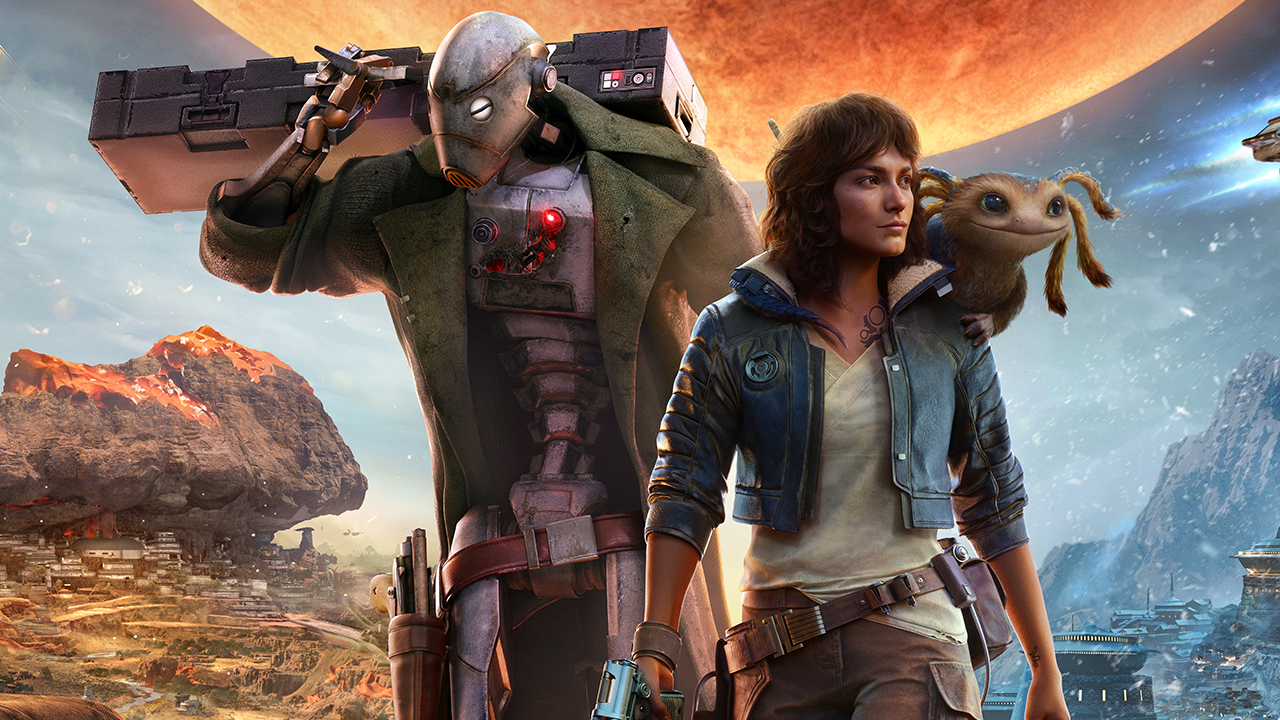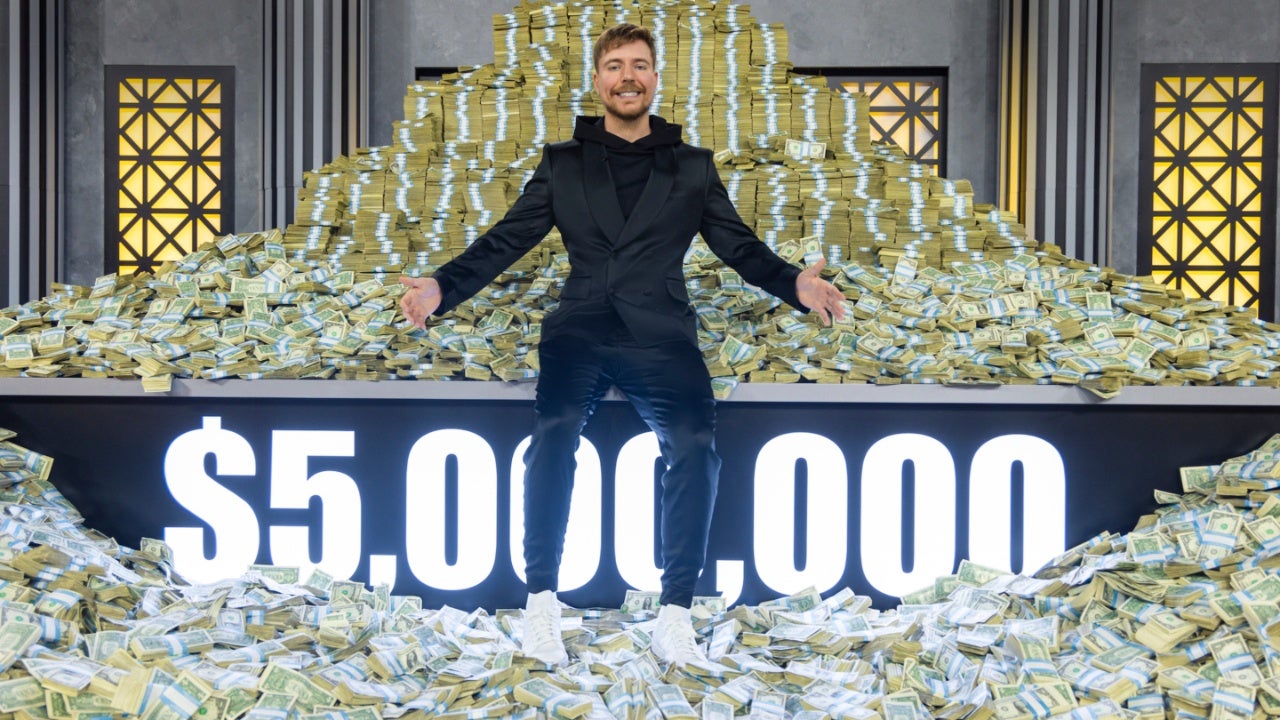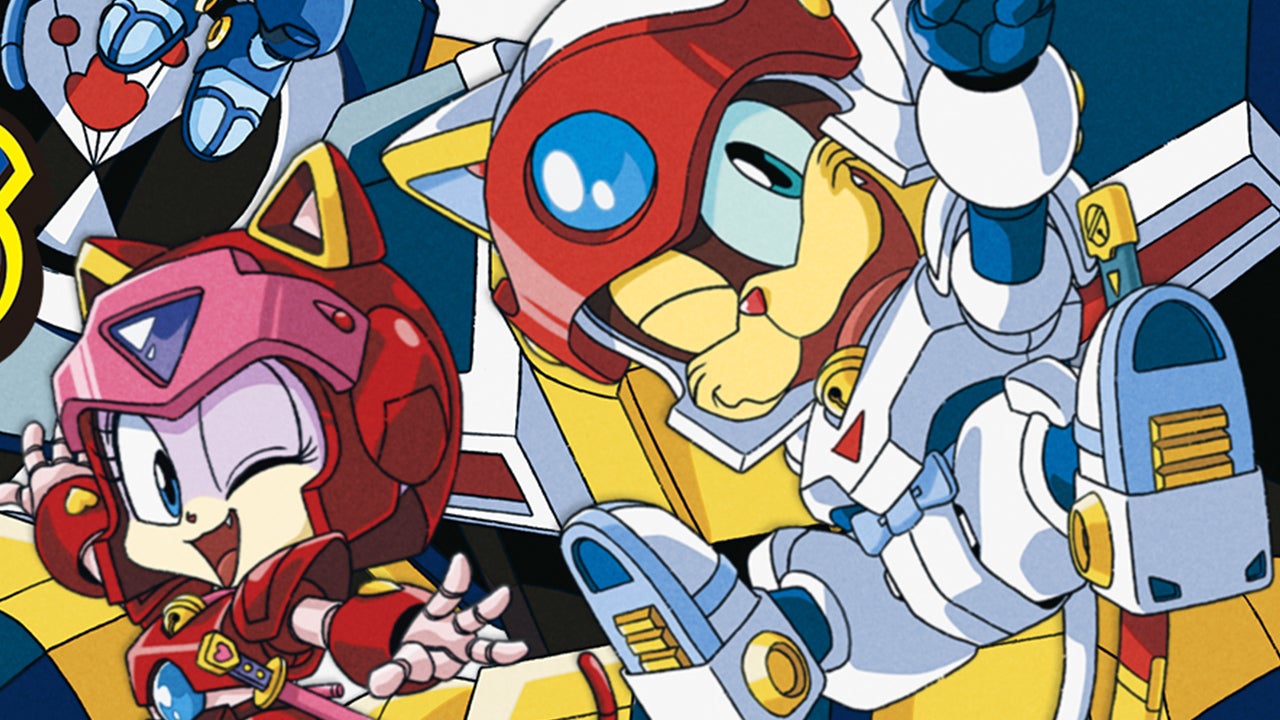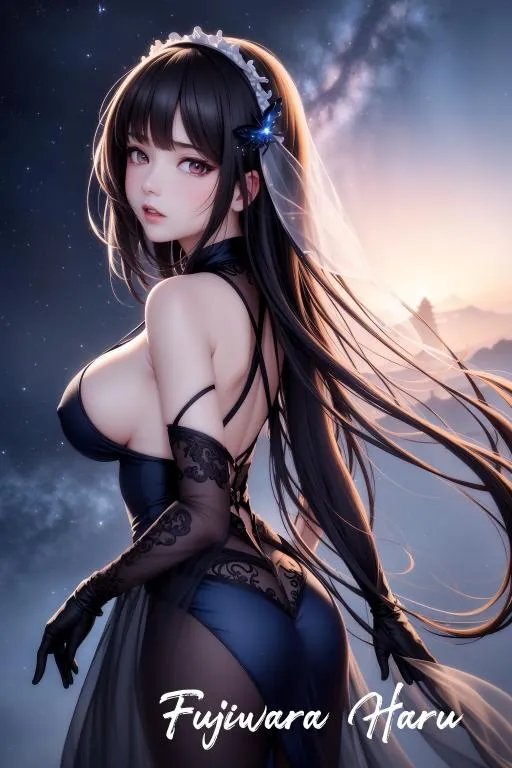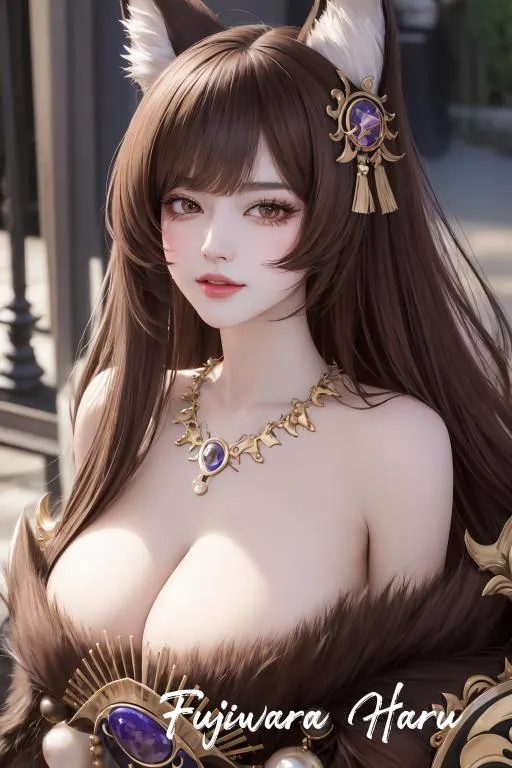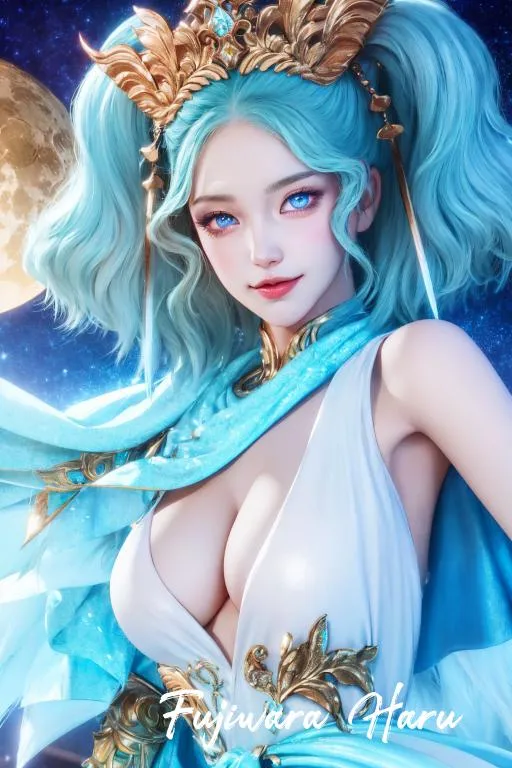
2022’s Everything Everywhere All at Once accomplished a lot of things. Writer-directors Daniel Kwan and Daniel Scheinert made the Academy take an action-comedy-fantasy seriously, in spite of the Oscars’ usual disdain for genre movies. (Best Picture and Best Director for a movie featuring a frantic martial arts battle over a butt plug? Unheard of.) It also conveyed meaningful philosophical messages around the edges of goofy comedy, and gave the multiverse trope its most intriguing application to date. But its most endearing contribution to cinema came in resurrecting the acting career of Ke Huy Quan, a former child actor who’d moved behind the camera after finding nothing but clichéd roles for Asian actors in 1980s Hollywood.
The new action movie Love Hurts feels like an exercise in stolen valor, trying to take advantage of EEAAO’s reputation and the paths it forged. Once again, Quan stars in a movie that asks him to code-switch radically between sweet, lovable bumbler, supremely skilled martial artist, and sleek, intimidating romantic figure. Once again, he’s caught between worlds (though the scenario is more John Wick than Everything Everywhere). And once again, a filmmaking team turns an action movie into a giddy fantasy where bodies fly through the air in improbable ways, in a series of martial arts clashes designed as much for humor as choreographic ambition.
But where Everything Everywhere replaces any sense of martial arts combat realism with whimsy, fantasy, playful sick humor, science fiction elements, and a bizarre original world, Love Hurts’ team strips out the sense of weight and meaning in its fights, then finds nothing interesting to replace it.
Quan plays Marvin Gable, a successful real estate agent peddling prefab McMansions in the Milwaukee suburbs, where his face is all over bus-stop benches and house-for-sale signs. His nerdy sincerity about finding his clients their dream homes is infectious; he truly seems to put his whole self into his first-draft generic catchphrase, “I want a home for you!” But like John Wick, he has a dark past as a terrifyingly skilled assassin, in this case serving his crime lord brother “Knuckles” (Daniel Wu).
Marvin got out of organized crime after pretending to murder Rose (Ariana DeBose), a bartender he had a crush on but was assigned to kill when she stole millions of dollars from Knuckles. When she reemerges around Valentine’s Day, teasing Knuckles and his henchmen (notably, Cam Gigandet as Renny, Knuckles’ chief lieutenant) with handmade valentines to reveal she’s still alive, Knuckles sends a handful of other hired killers after her and Marvin. Knuckles definitely wants Rose dead. What he wants out of Marvin changes from scene to scene — information about Rose? An apology? To bring him back into the family business? To punish him for leaving Rose alive? To cavalierly murder him?
Love Hurts’ credited writers (Matthew Murray, Josh Stoddard, and Luke Passmore, a crew with very few scattered credits between them, mostly on TV shows including Warrior and Teen Wolf) never pass up a chance to remind the audience that this movie takes place around Valentine’s Day. It’s unclear whether they’re hoping to get a kickback from the flowers-and-chocolate industries, or situate Love Hurts as one of those unexceptional but ubiquitous holiday-themed plodders that dutifully turn up on curation lists and basic-cable channels when programmers are looking for inexpensive material that channels the holiday in question.

But in spite of a lot of scattered talk about relationships, poetry, and romance, there’s no insight about love in this movie, and no real flavor to it. Marvin bakes heart-shaped cookies and hangs up pink-and-red streamers. Throughout the film, he periodically returns to an irritatingly rote voice-over, reminding the audience that V-Day is magical because you just never know who might return to your life.
That’s about as deep as Love Hurts goes with any of its ideas. There are a few stunning fight sequences in the movie — manic, all-out battles between over-the-top idiosyncratic assassins (especially Mustafa Shakir as “The Raven”) that heavily recall the setup and combat of Bullet Train, or some of the later, goofier John Wick movies. But all the scenes stitching the fights together are a drag on the movie, as the cast talks and talks and talks about the thoroughly basic, boring mechanics of Rose’s embezzlement scheme and how it was undone. Every time the cast isn’t fighting, Marvin and Rose are eyeing each other and talking in broad, thudding voice-over about the movie’s themes. (“I know I have to face my past to be truly free,” Marvin’s inner monologue tells us at one point. “Hiding ain’t living,” Rose tells him, repeatedly.)
But the movie’s real problem is that it lacks any sense of physical reality or any sense of playful fantasy. The entire film is stuck inside ironic scare quotes, as though the writers and stuntman turned first-time director Jonathan Eusebio are reminding viewers in every scene, This is all ironic, and we’re too cool to take any of it seriously. Almost nothing about Love Hurts lands as sincere, in spite of all the double! thumbs! up! life affirmations Quan in particular drops on the audience. The revenge story is a simple outline, delivered in straightforward, declarative exposition.

The romance between Marvin and Rose similarly comes down to them explaining directly to the audience that they care about each other. The hit men are all silly thug archetypes, though only The Raven gets enough character detail to feel specific. The combat sequences do fascinating things with physical impacts, flipping or flung combatants, and improvised weapons. But the odd combination of bloody gore (at one point, Marvin partially skins an opponent with his heart-shaped cookie cutters) and impact-free, instantly healing wounds makes this feel like a live-action cartoon with a particularly gruesome streak.
To the degree that Love Hurts feels like a movie at all, it’s because Quan puts so much heart into his work, and so much squeaky-voiced comedic talent, paired with the speed and flexibility that makes a fight scene thrilling. He really seems to believe in Marvin and his simply defined, surface-level conflicts, even if this movie’s character switches don’t give him nearly as much to work with as Everything Everywhere. He brings in the sincerity that the movie otherwise lacks. (Apart from Lord of the Rings’ Sean Astin, who puts all his charm into a thankless role that gives Love Hurts its tackiest moment.)
But there’s just no sense here that anyone else cared about any aspect of this movie but choreographing and executing the tentpole fight scenes. There’s nothing wrong with a martial arts movie that exists for the martial arts sequences alone, but Love Hurts feels like a fantasy movie set in a world where no one bothered to fill in the details of the fantasy elements, any more than they bothered to cast extras to fill out the weirdly empty suburbs. You could almost sell this as a movie taking place in an alternate reality populated only by criminals and NPCs — a kind of suburban, sunlit John Wick, or a purgatory specific to one kind of killer and a few hastily sketched backdrop characters. But that implies a conscious, specific choice of setting, instead of a half-baked stunt reel punctuated by clumsy koans. (“You can’t change a man who doesn’t want to be changed.” “Every day is an opportunity to do something with your life.”)
Producer David Leitch has been behind plenty of movies in this vein, both as a director (Deadpool 2, The Fall Guy, Bullet Train) and a producer. Most notably, Love Hurts has been promoted as coming from “the producers of Nobody,” the graphically bloody, hard-hitting 2021 Bob Odenkirk vehicle. The comparison is certainly apt — like Nobody, Love Hurts is short and snappy (83 minutes, though it feels longer), startling in its combat mechanics, and narratively stripped down to the bone. But where director Ilya Naishuller and writer Derek Kolstad gave that movie a soulful noir darkness and a startlingly specific, bitter sense of humor, Love Hurts is aching for any sense of a fresh or intensified take on the usual “man leaves his normal life in favor of extreme violence” thriller.
Leitch’s most memorable action movies all take place outside of familiar reality, and within pocket worlds with their own clear, strange, often comedic rules. The only rule at work in Love Hurts is Let’s not commit to anything except the fights. It’s as though everyone involved except Quan himself felt like it was uncool to show up for this movie. And he’s trying to show up for everyone, everywhere, all at once, but it still isn’t enough.
Love Hurts opens in theaters on Feb. 7.
Source:https://www.polygon.com/review/520166/love-hurts-ke-huy-quan-movie-martial-arts